Tag: national park service
-
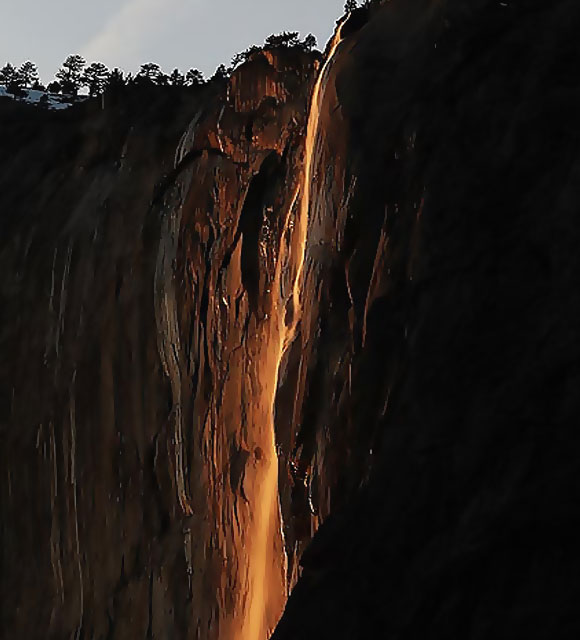
NPS Announces New Rules for Horsetail Fall (firefall) event
In an effort to make the situation a little better for everyone the National Park Service has started a new pilot program designed to help alleviate the traffic and overcrowding headaches caused by the flood of visitors for the Horsetail Fall event.
-
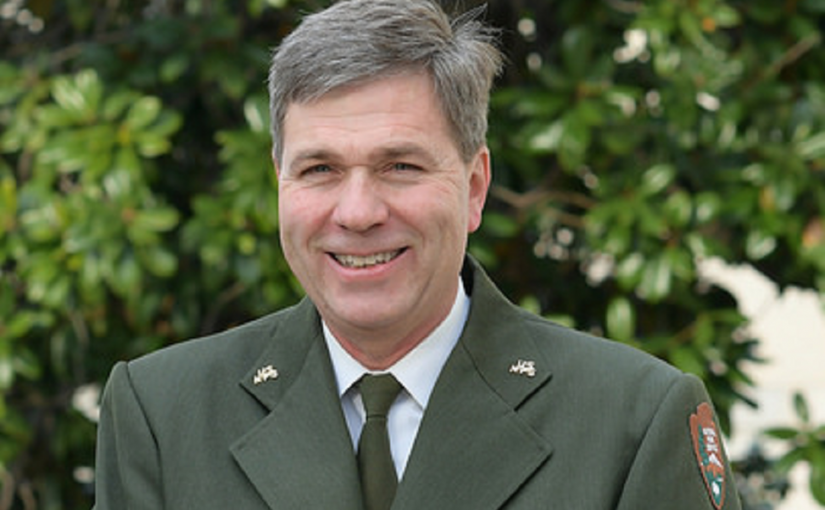
Mike Reynolds Named Superintendent of Yosemite
Mike Reynolds who grew up in Yosemite will be returning as the new Superintendent.
-
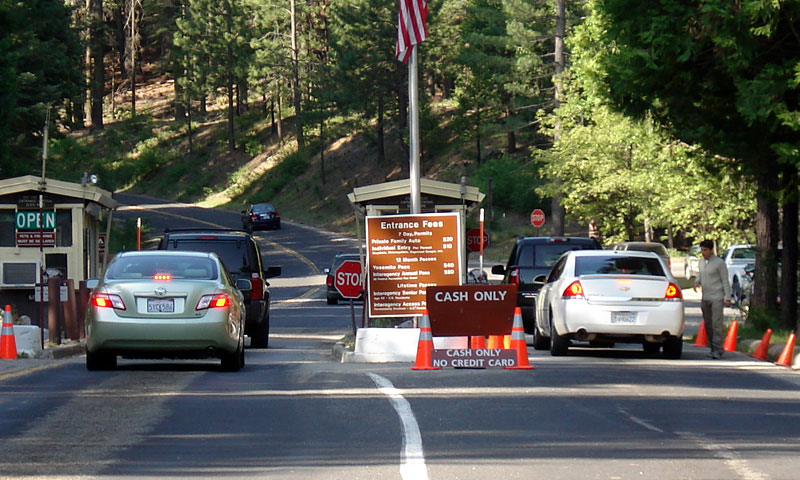
NPS Proposes New $70 Entrance Fee for Yosemite
The National Park Service (NPS) is proposing an increase to a whopping $70 to visit Yosemite during its busier months.
-
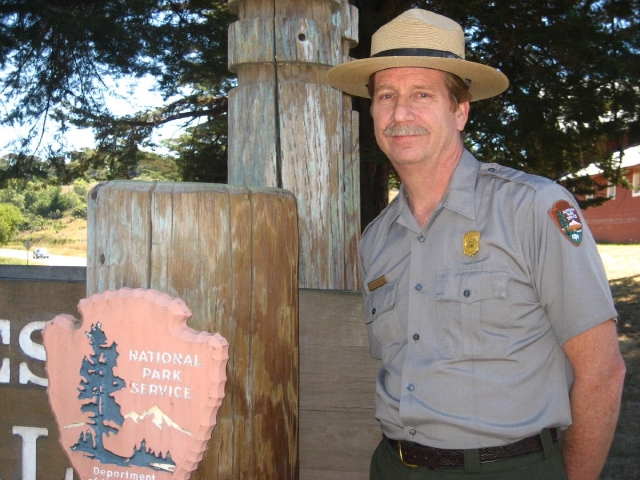
Yosemite Superintendent Neubacher Retiring
Yosemite Superintendent Don Neubacher announced he is retiring following employee complaints that he created a hostile workplace by allowing bullying, harassment and other misconduct.
-
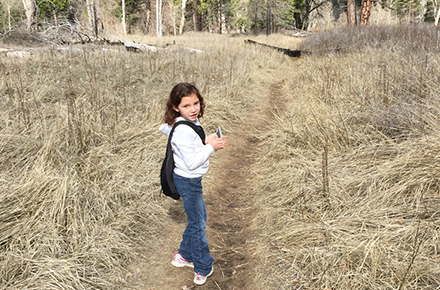
Bring Your 4th Grader to Yosemite and Get in FREE
The Every Kid in a Park program has been extended for another year so grab your 4th Grader and head up to the park.
-
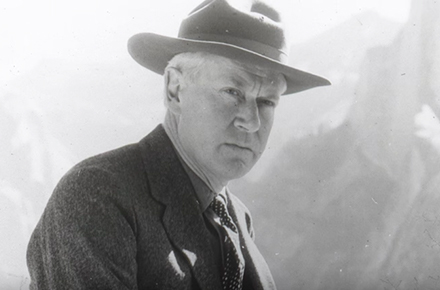
Stephen Mather: First Director of the National Park Service
Check out the latest Yosemite Nature Notes on one of my favorite historical figures in Yosemite, Stephen Mather.
-
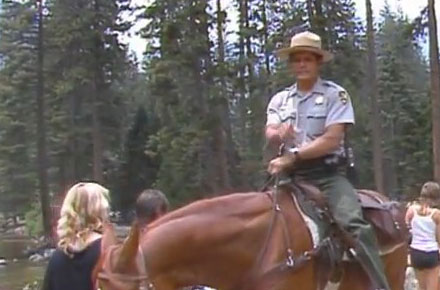
Happy 100th Birthday NPS!
On August 25, 1916, President Woodrow Wilson signed the act creating the National Park Service, a new federal bureau in the Department of the Interior responsible for protecting the 35 national parks and monuments then managed by the department and those yet to be established.
-
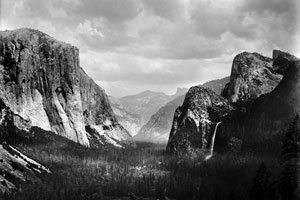
Free Entrance August 25-28 to Celebrate 100 Years of Our National Parks
Come celebrate 100 Years since the founding of our National Parks and get in free to Yosemite!
-
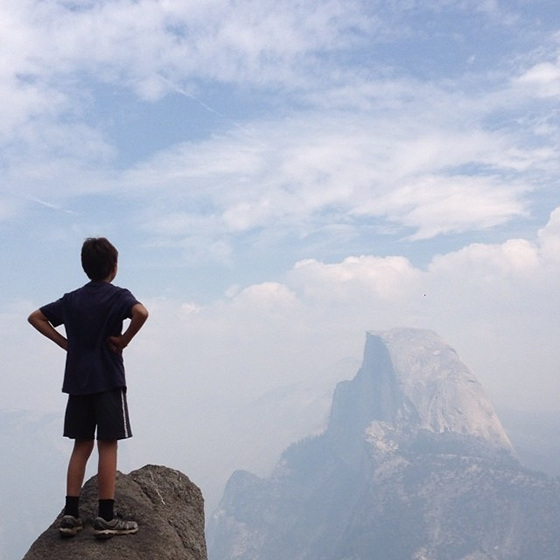
Youth Programs Inspire Future Generations in Yosemite
Youth programs in the park provide opportunities to teach life skills that participants can apply to the rest of their lives.
-
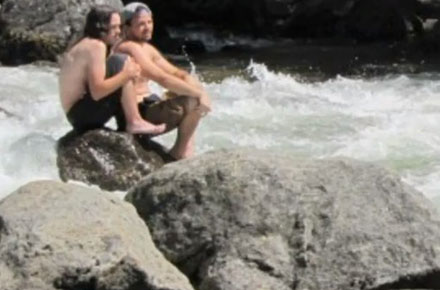
Beautiful but Deadly: Water in Yosemite
Just in time for Free Entry Week (aka National Parks Week) the National Park Service has released this great video on the dangerousness of water in Yosemite.